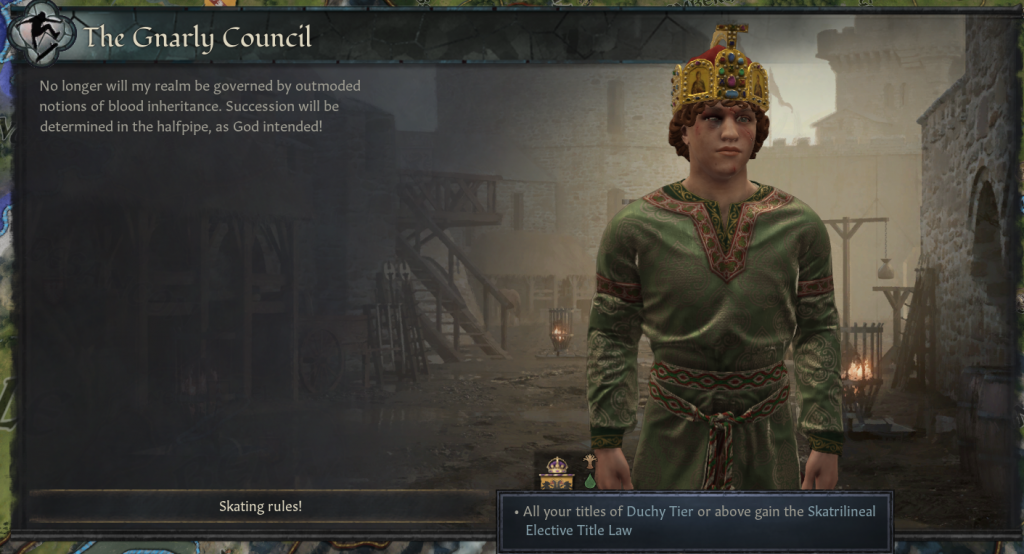

Its Odyssey was adventurous and eventful. But long practice in such matters - keeping memoranda even in prison - enabled me to preserve my Diary through many vicissitudes and searches, and get it safely out of the country. It was a rather difficult task, as those familiar with Russian conditions will understand.

So far as I know it is the only journal kept in Russia during those momentous years (1920–1922). Most of the names are deleted, for the obvious reason of protecting the persons in question. It is the chronicle of an intense experience, of impressions and observations noted down day by day, in different parts of the country, among various walks of life. The present work is compiled from the Diary which I kept during my two years’ stay in Russia. Its significant expression, its deeper sense, he discovered in the lives, thoughts, and feelings of the people, in their personal reactions as portrayed in the memoirs, journals, and letters of contemporaries. Justly Taine said that in studying the French Revolution he found statistics and data, official documents and edicts least illuminative of the real character of the period. They treat of the fall and rise of institutions, of the new State and its structure, of constitutions and laws - of the exclusively external manifestations, which nearly make one forget the living millions who continue to exist, to be, under all changing conditions. Many books have been published about that tremendous social upheaval, but seldom do they strike its true keynote. This inner life of revolution, which is its sole meaning, has almost entirely been neglected by writers on the Russian Revolution. The typical, the familiar, have disappeared dissolved is the coherence and interrelation of the parts that formerly constituted one whole. Existence is forced into uncharted channels every action demands self-reliance every detail calls for new, independent decision. The habitual, measured step of existence is interrupted, accustomed criterions become inoperative, former precedents are void. To them revolution is not a mere change of externals: it implies the complete dislocation of life, the shattering of dominant traditions, the annulment of accepted standards. Back of revolution are the millions of living humans who embody its inner spirit, who feel, think, and have their being in it. The abolition of the established - politically and economically, socially and ethically - the attempt to replace it with something different, is the reflex of man’s changed needs, of the awakened consciousness of the people. In this dynamic process the Russian Revolution has gone further than any previous revolution. It bursts the molds which constrict him the more solidified they become, and the more Life ever striving forward leaves them. Revolution breaks the social forms grown too narrow for man.


 0 kommentar(er)
0 kommentar(er)
